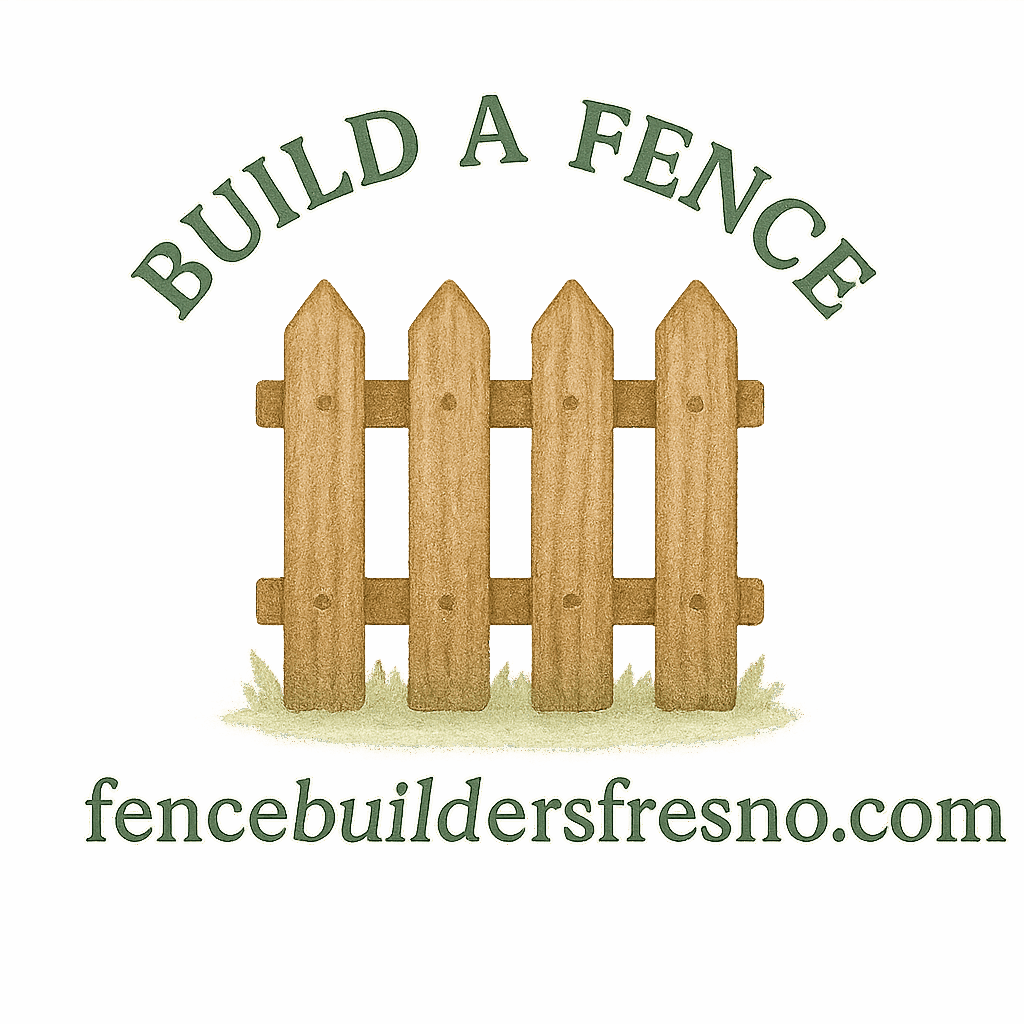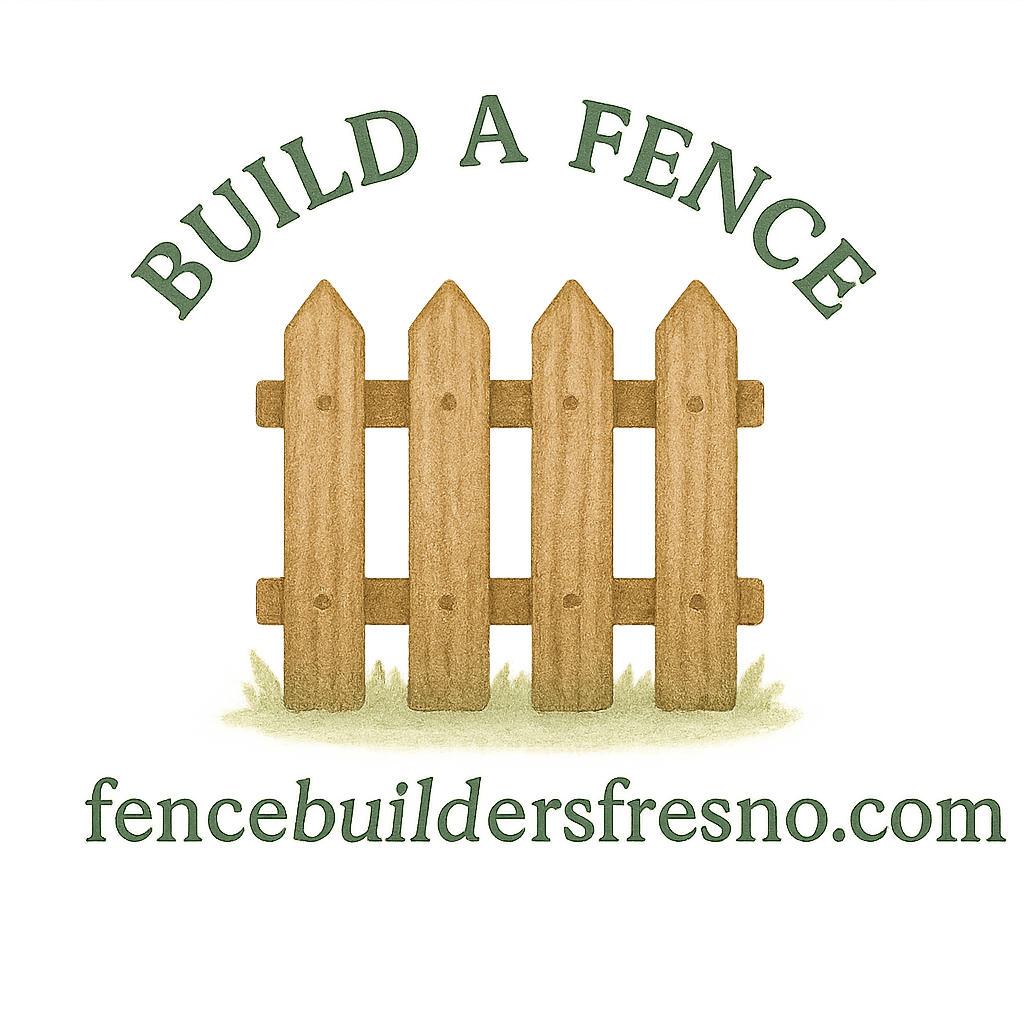Introduction
Picking the right residential fence isn’t just about creating a barrier. It’s about choosing a look, a level of privacy, and a long-term investment in your property. Whether you’re after curb appeal, security, or clear property lines, your fence says a lot about your home. So, how do you pick the right one?
In this guide, we’ll explore the 10 most common types of residential fences and help you figure out what fits your needs—and your yard—best.
Ready to dive in? Let’s walk through your fencing options like neighbors comparing front yards over a weekend BBQ.
Why Fence Type Matters
Durability and Maintenance
Not all fences are created equal. Some demand regular upkeep, like painting and staining, while others practically take care of themselves. Choosing the right material can save you time, money, and headaches. If you’re after something long-lasting with little upkeep, check out our low-maintenance fencing options.
Design and Visual Appeal
Fences don’t just block things out—they frame your home. From rustic wood to sleek aluminum, every fence has a personality. Think of it like picking an outfit for your house. Want help? Head over to our fence design and planning guide.
Property Boundaries
Let’s face it, nobody wants a property line dispute. A well-placed fence, built with legal boundaries in mind, can prevent serious neighbor drama. Learn more about property lines and how to handle fence encroachment.
10 Types of Residential Fences
1. Wood Fencing
The OG of fences. Wood fencing brings charm, character, and that cozy, traditional vibe. Whether you go for a picket style or privacy panels, wood is timeless.
- Styles: Picket, shadowbox, stockade
- Pros: Affordable, customizable
- Cons: Needs regular maintenance
Maintenance Tips
Wood loves care. Regular staining or painting is a must. For expert tips, check out our wood fence care guide.
2. Vinyl Fencing
If you want the look of wood without the upkeep, vinyl is your friend. It’s durable, weather-resistant, and super easy to clean.
- Pros: Long-lasting, no painting needed
- Cons: Upfront cost is higher
Benefits of Vinyl
It doesn’t rot, warp, or splinter—making it a go-to for durable fencing. It’s also a star in low-maintenance solutions.
3. Chain Link Fencing
Not the prettiest, but definitely practical. Chain link fences are tough, affordable, and perfect for pet owners or backyard containment.
- Pros: Cheap, easy to install
- Cons: Not very private
Privacy Modifications
Want privacy? Add slats or privacy screens. It’s a quick DIY fix—get inspired on our DIY fence tag page.

4. Aluminum Fencing
Sleek, elegant, and virtually maintenance-free. Aluminum fences are ideal if you’re after form and function.
- Pros: No rust, great for slopes
- Cons: Not ideal for heavy security
Great for Decorative Fencing
Aluminum shines in decorative fence projects. It offers that upscale look without the iron price tag.
5. Wrought Iron Fencing
Want luxury and durability? Wrought iron is as classy as it gets. Great for historic homes or those wanting an old-world vibe.
- Pros: Customizable, high-end
- Cons: Expensive and prone to rust without upkeep
Custom Design Considerations
Planning a custom install? Don’t skip the fence guide to help navigate your options.
6. Bamboo Fencing
Go green with bamboo. It’s eco-friendly, trendy, and offers great privacy with a tropical flair.
- Pros: Sustainable, stylish
- Cons: Not ideal in wet climates
Natural Appeal & Privacy
Ideal for backyards that need a zen touch. Bonus: bamboo works well as a front yard fence or privacy wall.
7. Composite Fencing
The best of both worlds—wood looks with plastic durability. Composite fences are growing in popularity for modern homes.
- Pros: Durable, low-maintenance
- Cons: Pricey up front
Pros and Cons
Think of it as the Tesla of fences: advanced, beautiful, but costly. If you’re into smart choices, check our home fencing solutions.
8. Electric Fencing
Mostly used to contain pets, electric fences are invisible and effective—but controversial.
- Pros: Hidden, cost-effective
- Cons: Not suitable for children
Legal and Safety Concerns
Always check local codes. Learn more about legal fencing and property rights before you install.
9. Stone or Brick Fencing
Built to last and impossible to miss. Stone fences scream luxury and offer unmatched privacy.
- Pros: Solid, long-lasting
- Cons: Expensive, needs permits
Custom Builds and Zoning
Before you build, read about legal property considerations to avoid zoning issues.
10. Split Rail Fencing
Perfect for large plots or farms, split rail fences are rustic and functional.
- Pros: Affordable, great for marking space
- Cons: Low on privacy
Ideal for Large Properties
Use it in the front yard or to frame your acreage. It’s the cowboy’s choice.
Fence Design & Planning Tips
Struggling to choose? Use our fence design and planning guide to match your goals with the right material and style.
Maintenance Tips by Material
No matter what you choose, maintenance matters. Visit our fence maintenance and repair page for detailed care guides based on your fence type.
Legal & Property Considerations
Avoid future drama. Get familiar with legal property considerations, fence disputes, and how to handle boundary fence concerns.
Final Thoughts
Choosing the right fence isn’t just about budget—it’s about your lifestyle, your home’s personality, and sometimes, your neighbors. From charming wood pickets to sleek vinyl, there’s something for every home.
Need help building? Contact the pros at Fence Builders Fresno to get it done right.
FAQs
1. What is the most affordable residential fence?
Chain link fences are typically the cheapest and fastest to install.
2. Which fence requires the least maintenance?
Vinyl and aluminum fences are considered low-maintenance and durable.
3. Can I install a fence on my property line?
Yes, but be sure to check local zoning laws and consult legal property considerations.
4. How do I choose the right fence for my yard?
Consider purpose (privacy, pets, aesthetics) and review our fence building basics.
5. Is a permit required to build a fence?
In many areas, yes. Check with your local city office or refer to fence installation resources.
6. What fence material is best for windy areas?
Vinyl and chain link are popular in windy climates due to flexibility and durability.
7. Can I build my fence myself?
Absolutely! Many homeowners enjoy DIY fence projects. Just make sure you plan properly and have the right tools.


